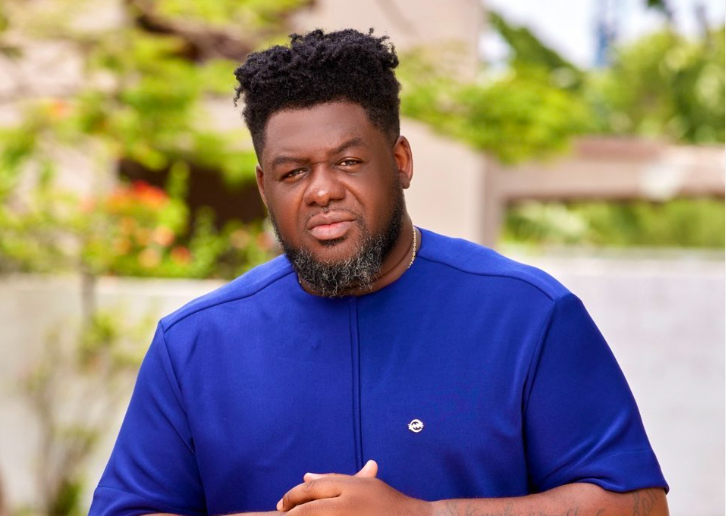The Science of Intimacy: What Happens When We Connect
- orpmarketing
- May 21, 2025
- 4 min read

Physical intimacy—whether a quick kiss, a warm hug, passionate lovemaking, or cozy cuddling—does more than just feel good. These moments spark a cascade of biological, psychological, and emotional responses that deepen our connections and shape our well-being. Let’s break down what’s happening inside us during these acts of closeness.
The Kiss: A Spark of Chemistry
Kissing might seem like a simple gesture, but it’s a sensory explosion. The lips, packed with nerve endings, are one of the body’s most sensitive areas. When you kiss, your brain lights up.
The Brain’s Response: Kissing triggers the release of dopamine, the feel-good neurotransmitter tied to pleasure and reward. It’s the same chemical rush you get from chocolate or a rollercoaster ride. Oxytocin, often called the “love hormone,” also surges, fostering trust and bonding. Meanwhile, serotonin levels tweak your mood, making you feel calm yet elated.
Heart and Hormones: Your heart rate spikes, sometimes jumping from a resting 70 beats per minute to over 100. Adrenaline and norepinephrine kick in, giving you that fluttery, excited feeling. For some, cortisol (the stress hormone) dips, especially during a slow, romantic kiss, creating a sense of calm.
Sensory Overload: Your lips and tongue send signals to the somatosensory cortex, amplifying touch sensations. A passionate kiss can even engage the olfactory system—your partner’s scent subtly influences attraction, often without you realizing it.
Fun Fact: Kissing swaps bacteria (about 80 million in a 10-second kiss, studies suggest), which might sound gross but can actually boost your immune system by introducing new microbes.
Kissing isn’t just physical—it’s a conversation. It signals attraction, compatibility, and emotional alignment, setting the stage for deeper intimacy.
The Hug: A Warm Embrace for the Soul
Hugging feels like wrapping yourself in a blanket of comfort, and there’s a reason why. A good hug—lasting at least 20 seconds, according to some researchers—works magic on your body and mind.
Oxytocin Overload: Hugs are oxytocin’s playground. This hormone floods your system, reducing stress and fostering feelings of safety. Studies show oxytocin release during hugs lowers blood pressure and heart rate, countering the effects of stress.
Vagus Nerve Activation: A hug stimulates the vagus nerve, part of the parasympathetic nervous system, which helps regulate heart rate and digestion. This is why a hug can feel like hitting a reset button on your stress levels.
Emotional Sync: When you hug, mirror neurons in your brain fire, helping you “feel” your partner’s emotions. It’s like your nervous systems are syncing up, creating a shared sense of calm or joy.
Pain Relief: Believe it or not, hugs can dull pain. The pressure of an embrace activates mechanoreceptors in the skin, sending signals to the brain that compete with pain signals, reducing their intensity.
A hug is more than a gesture—it’s a biological balm, soothing both body and mind while reinforcing emotional bonds.
Making Love: A Symphony of Body and Mind
Sex is arguably the most intense form of physical intimacy, blending raw physicality with profound emotional connection. It’s a full-body, full-mind experience that engages nearly every system in your body.
The Neurochemical Cocktail: During sex, your brain unleashes a flood of chemicals: dopamine for pleasure, oxytocin for bonding, and endorphins for euphoria. These create a natural high, sometimes lasting hours after. Vasopressin, another bonding hormone, kicks in, especially for men, fostering attachment.
Cardiovascular Boost: Sex is a workout—heart rates can climb to 120–150 beats per minute, akin to moderate exercise. It burns calories (about 3–4 per minute), increases blood flow, and strengthens the heart. Regular intimacy is linked to lower risks of heart disease.
Stress Relief and Immunity: Cortisol levels drop during and after sex, easing stress. Meanwhile, sex boosts immunoglobulin A, an antibody that strengthens your immune system. It’s like a health tonic disguised as pleasure.
Emotional Intimacy: Beyond the physical, sex deepens emotional ties. The prefrontal cortex, responsible for decision-making and empathy, engages as you connect with your partner. Mutual vulnerability during these moments builds trust and strengthens relationships.
Making love is a dance of biology and emotion, leaving you physically energized and emotionally grounded.
Cuddling: The Quiet Power of Closeness
Cuddling—whether post-sex or just cozying up on the couch—is intimacy in its softest form. It’s less about fireworks and more about sustained warmth, yet its effects are profound.
Sustained Oxytocin Release: Cuddling keeps oxytocin levels elevated longer than a quick hug or kiss. This prolonged release fosters a sense of security and reduces anxiety. It’s why spooning after a long day feels like therapy.
Regulating the Nervous System: Skin-to-skin contact during cuddling activates the parasympathetic nervous system, slowing your heart rate and promoting relaxation. It’s a natural antidote to the fight-or-flight response.
Emotional Bonding: Cuddling engages the brain’s reward system, reinforcing attachment. The gentle pressure of a partner’s body against yours signals safety to the amygdala, the brain’s fear center, quieting worries.
Sleep Benefits: Ever notice how cuddling makes you sleepy? It boosts melatonin production, the hormone that regulates sleep. A cuddle session before bed can lead to deeper, more restorative rest.
Cuddling is like a slow-release capsule of comfort, nurturing both body and soul.
Why It Matters
These acts—kissing, hugging, making love, and cuddling—aren’t just fleeting pleasures. They’re hardwired into our biology to promote health, happiness, and connection. They reduce stress, strengthen immunity, and deepen relationships. But let’s be real: the science, while fascinating, only tells part of the story. The warmth of a hug, the thrill of a kiss, the vulnerability of lovemaking, or the quiet peace of cuddling—these are experiences that make us feel alive, human, and connected.
So, next time you share a moment of intimacy, know that it’s not just your heart racing or your mood lifting. Your entire body and mind are working together, weaving a tapestry of chemistry and emotion that makes these moments so unforgettable.




Comments